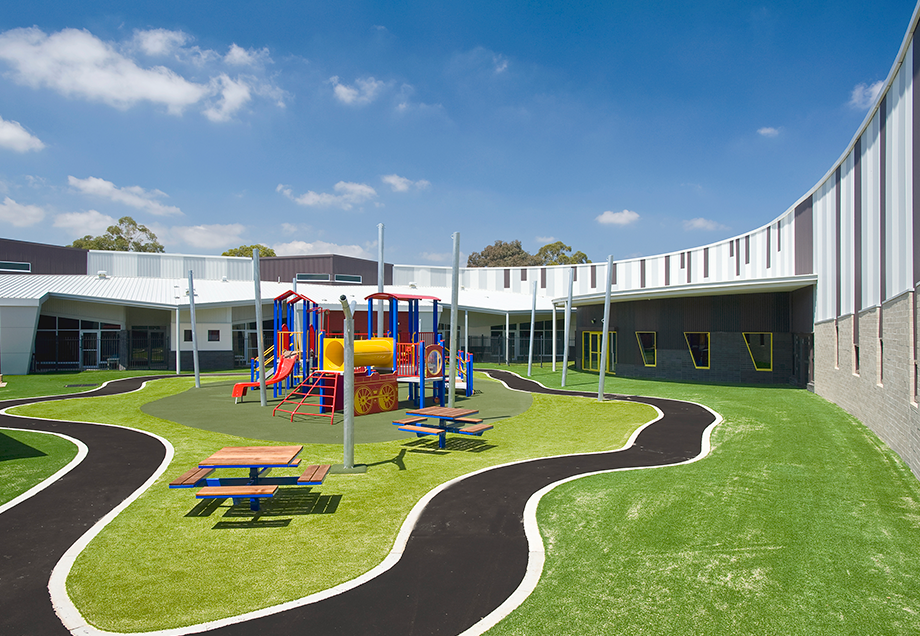News and Journal

Bickerton Masters are proud to showcase longevity, expertise and capability in designing for disability. Each design is based on in-house research and the philosophy of the service, providing outcomes that are at the forefront in areas like autism. This stretches across designing for disabled adult day programs and accommodation, early intervention and kindergartens. Some other examples include:
The service philosophy and client/student profile should be the starting point of the design to produce a one off exciting solution based on the individual outcomes. Designs are centered around the people using the building, their experiences and those working with them.
Small spaces for medication, withdrawal, calming or reductions in distractions are designed off main spaces. Environments are created that are safe for clients and staff that cater for a range of behaviors. Creativity of the disabled is nurtured and spaces are designed to assist further development of the users rather than an institution where growth is diminished.
The design for the disabled should be uplifting, creative and offer dignity to the users as well as support and options for staff to maximise their productivity.
If you are interested in learning more, please contact Rich Austin, one of our Melbourne Studio Leads.
Back to News & Journal